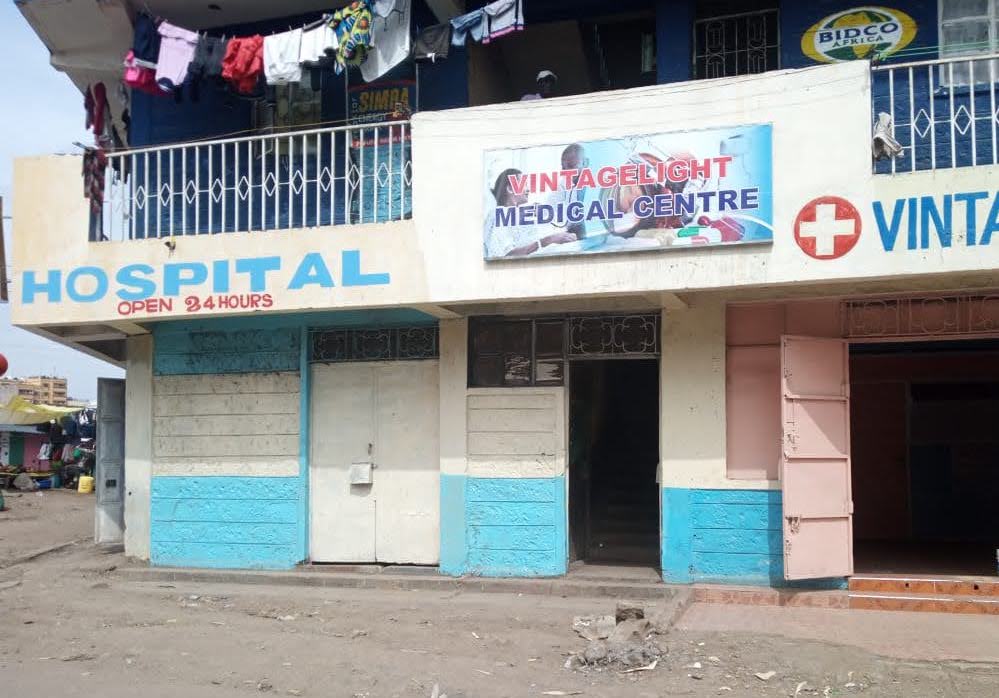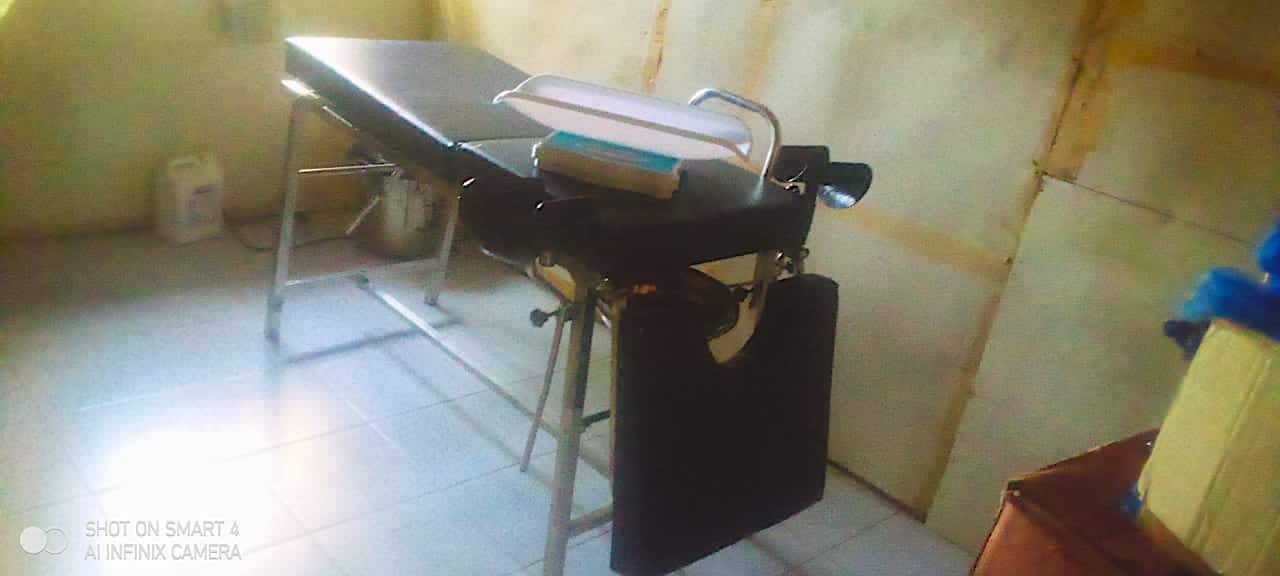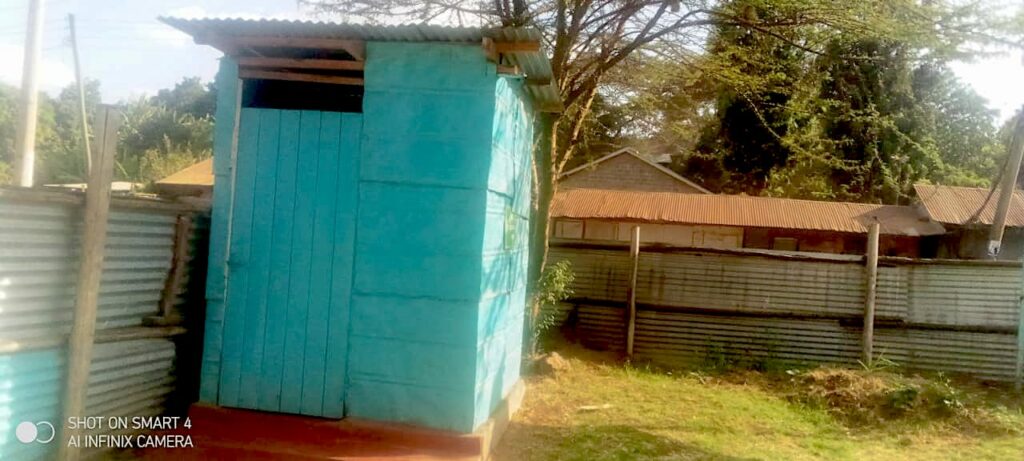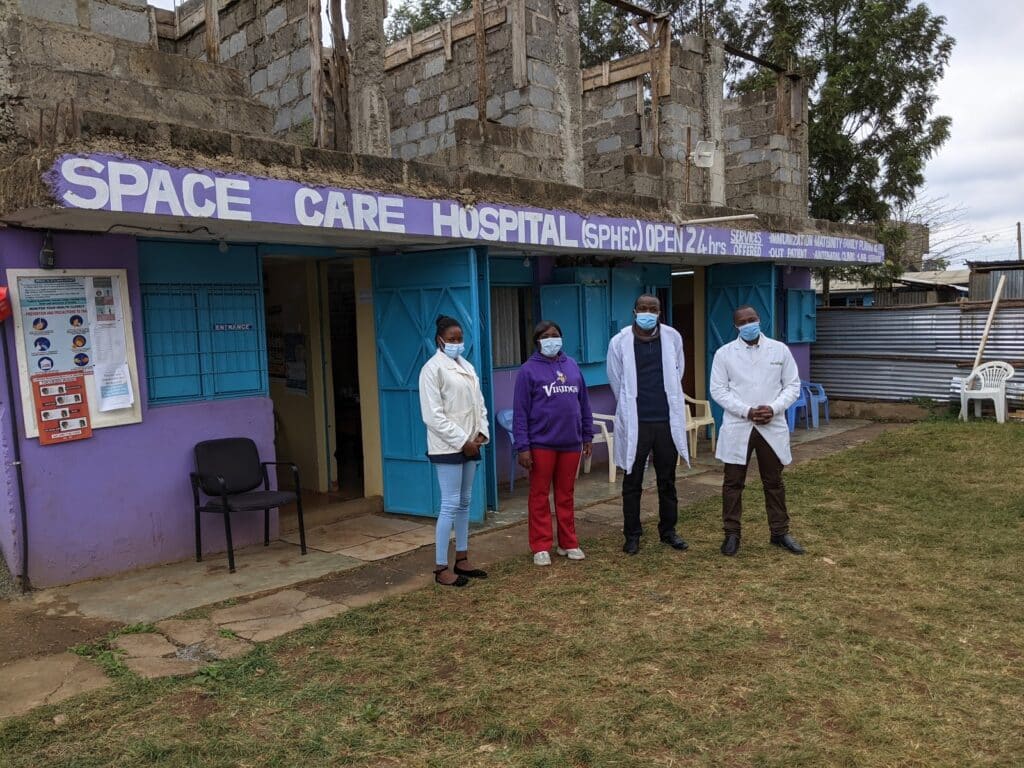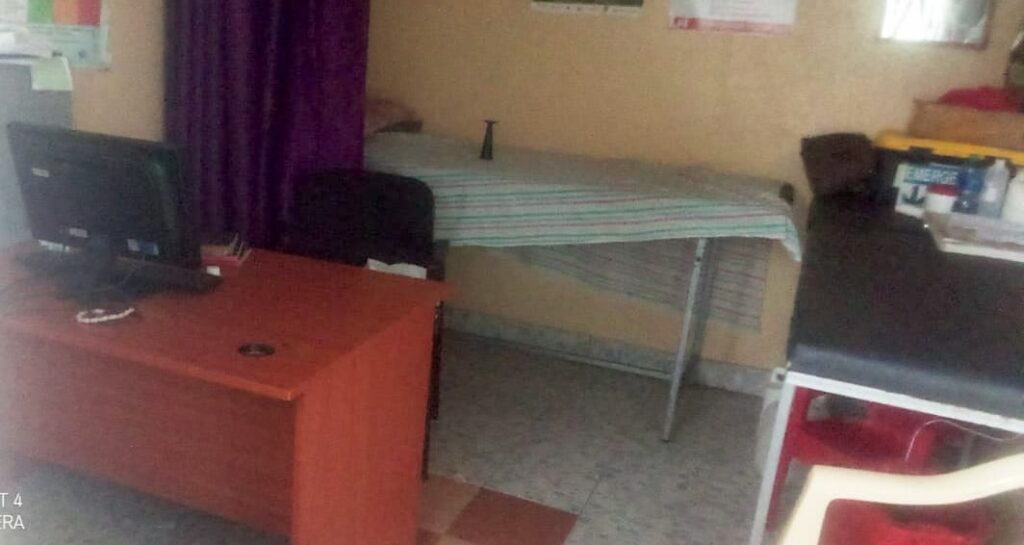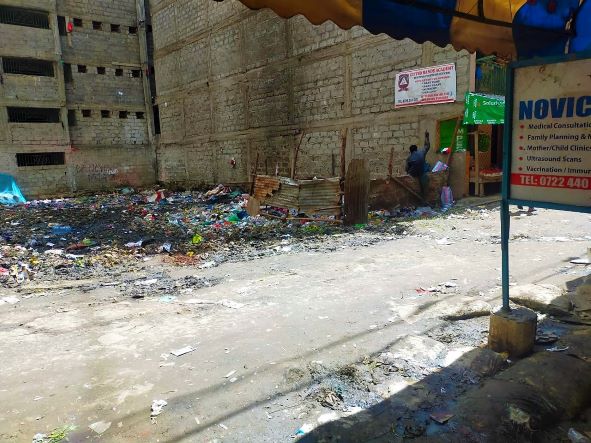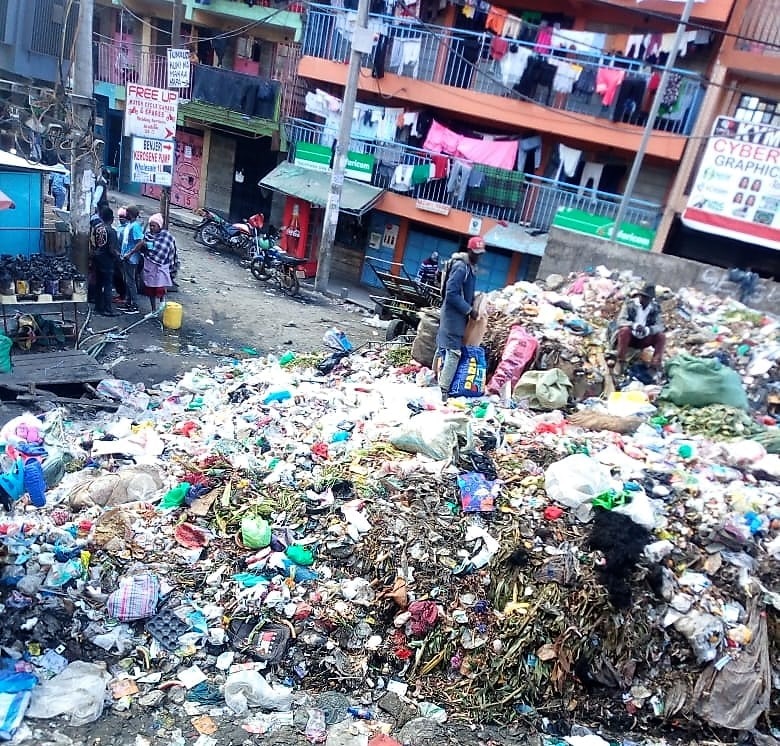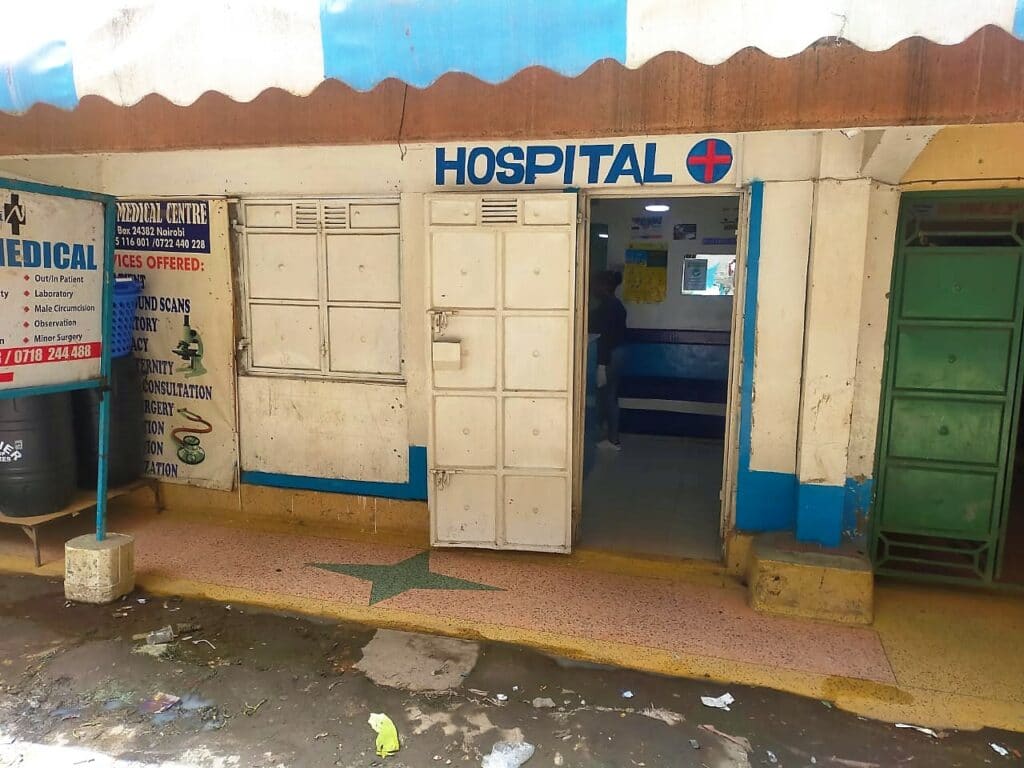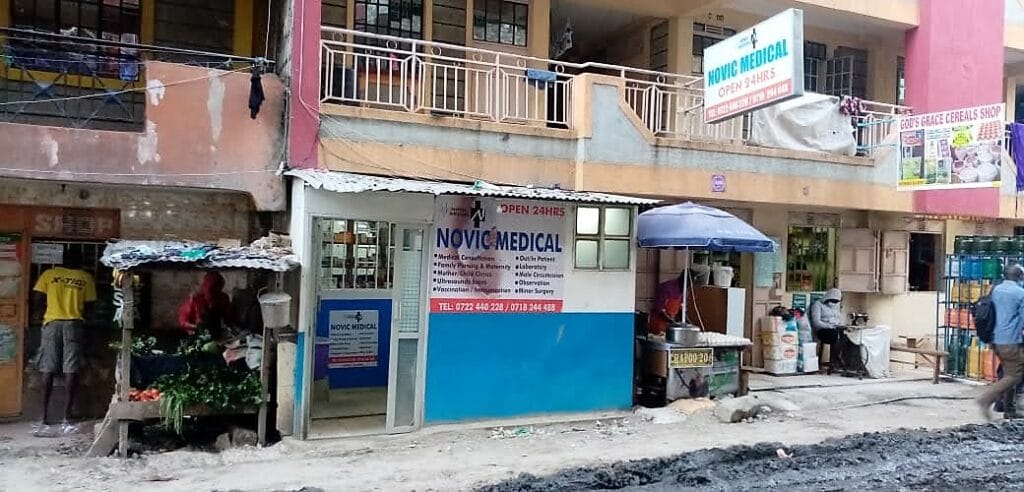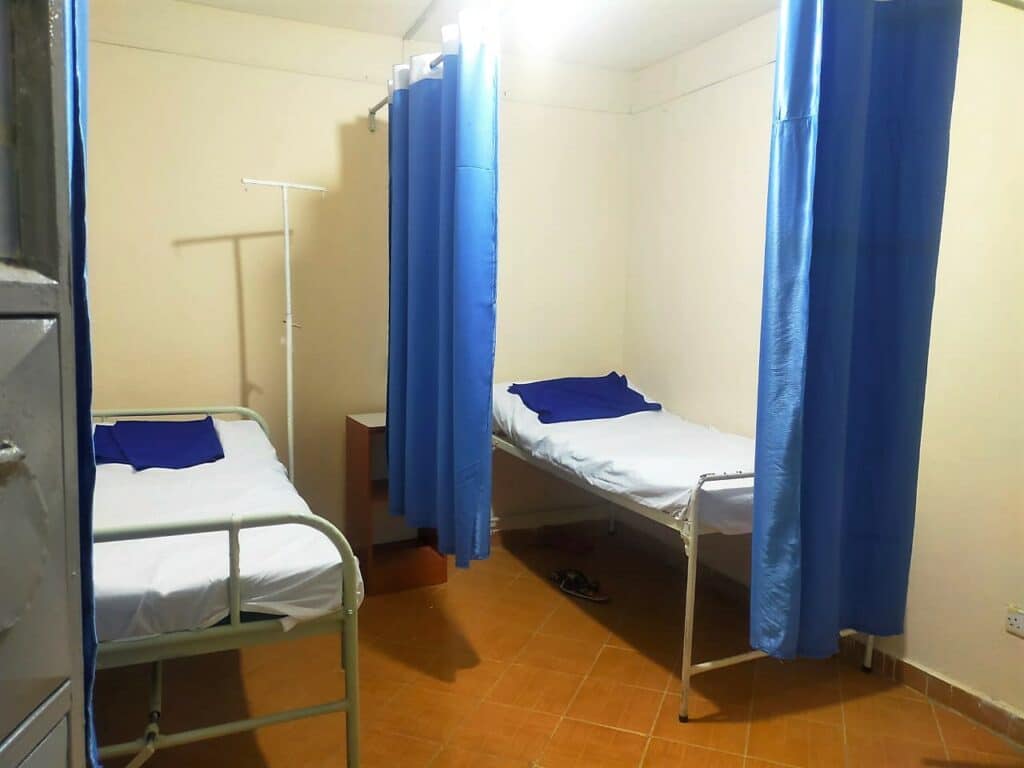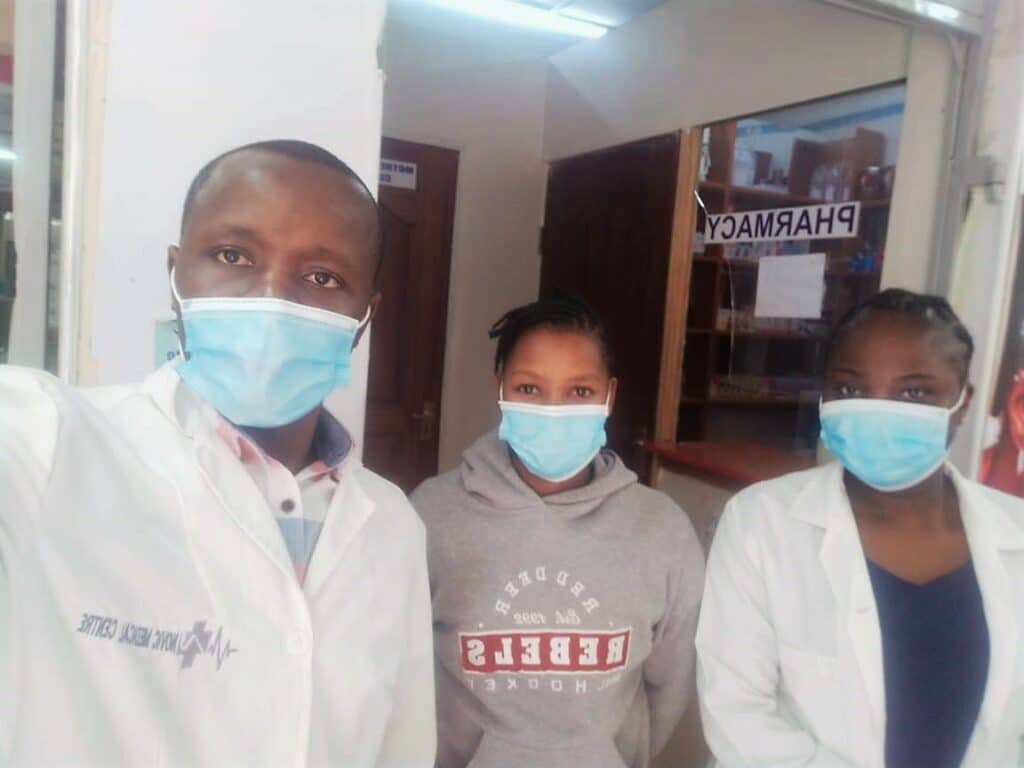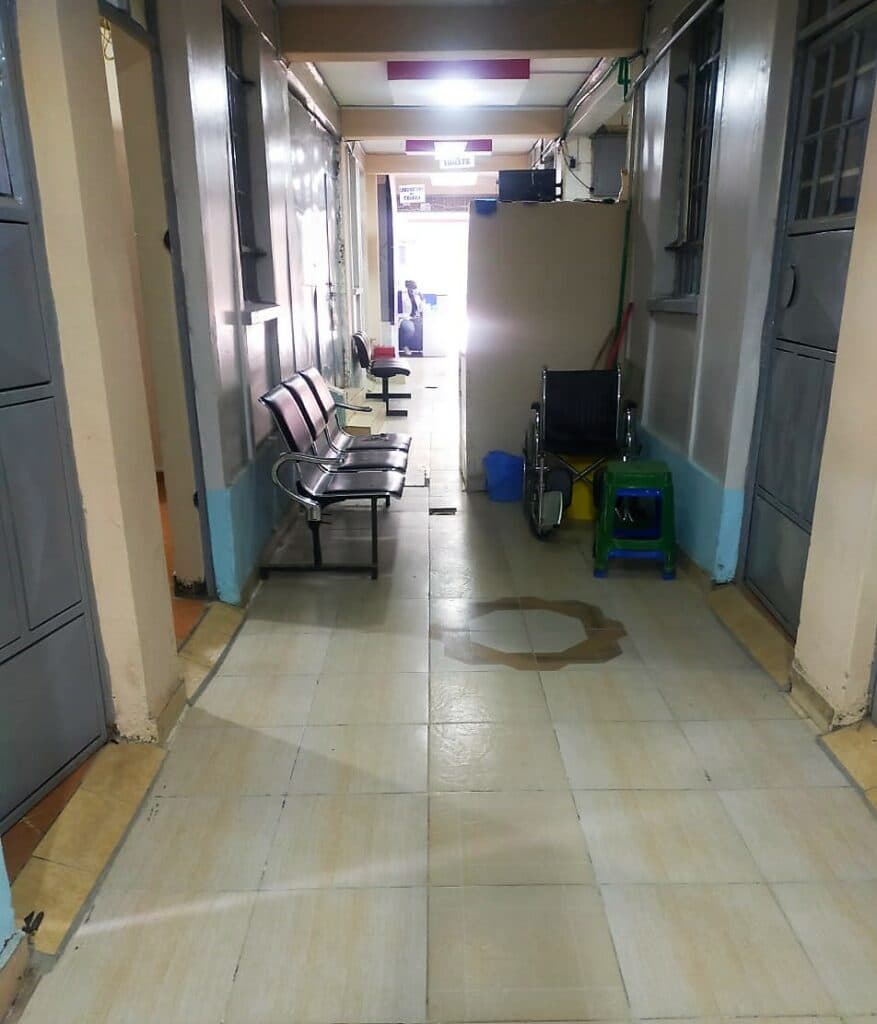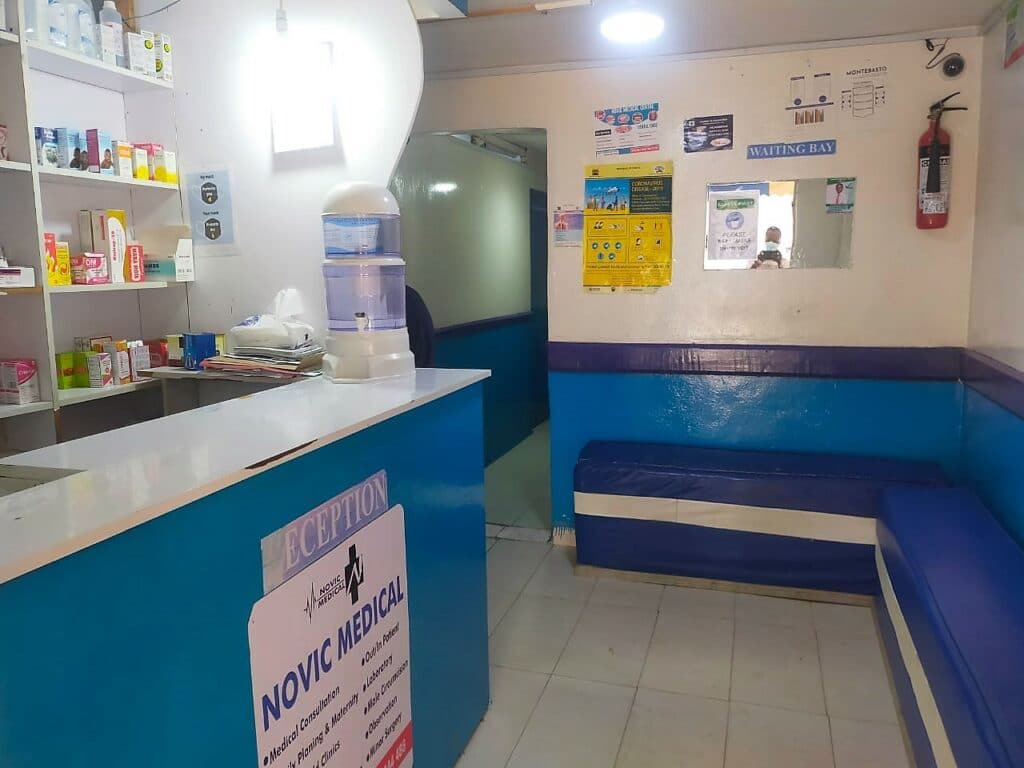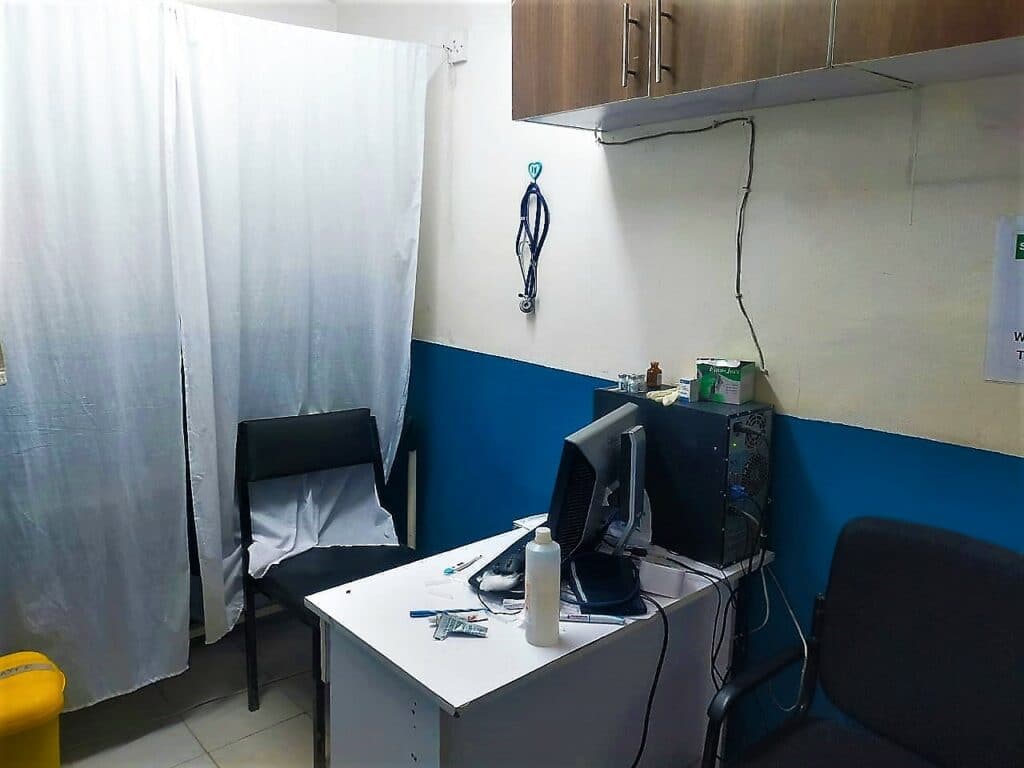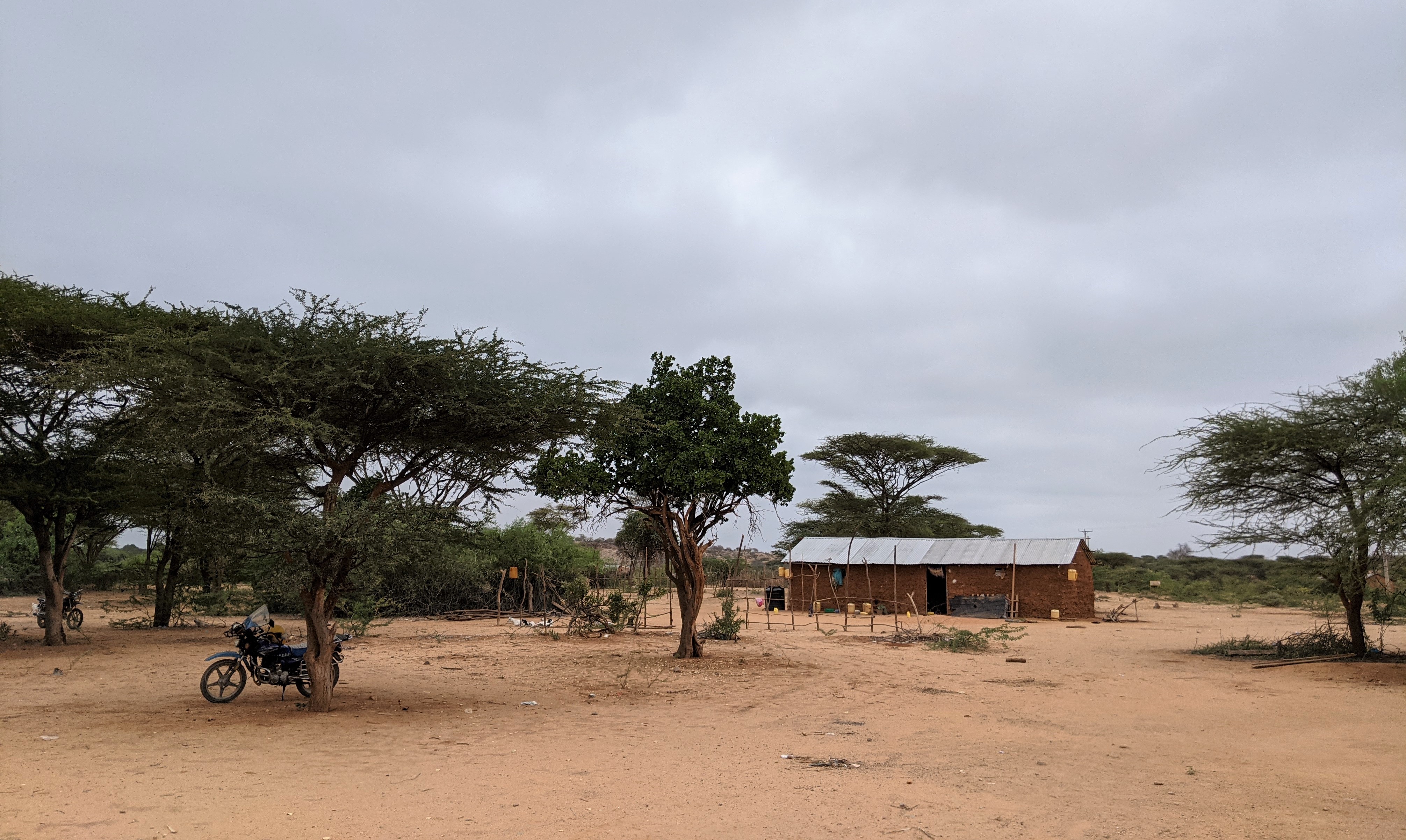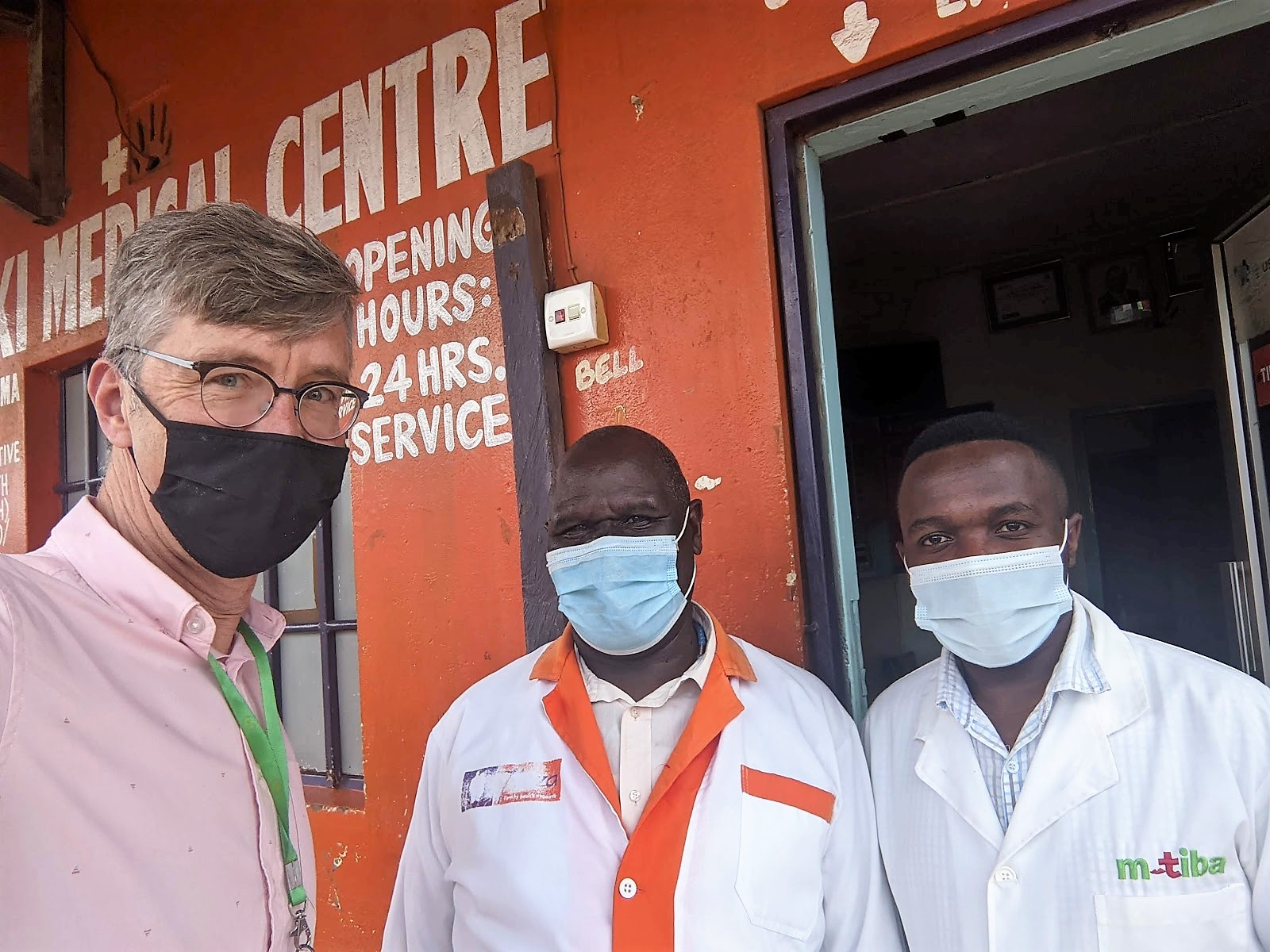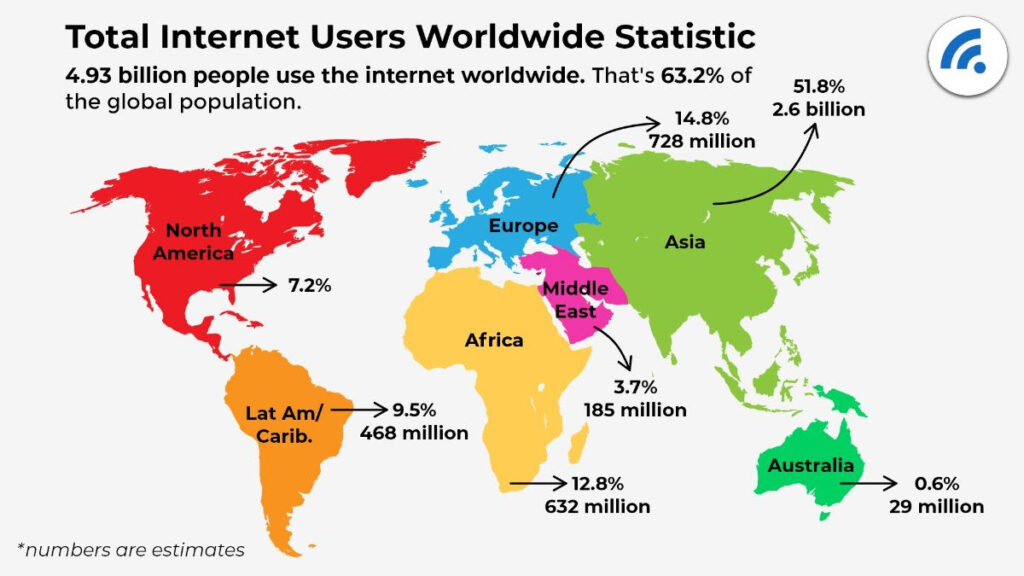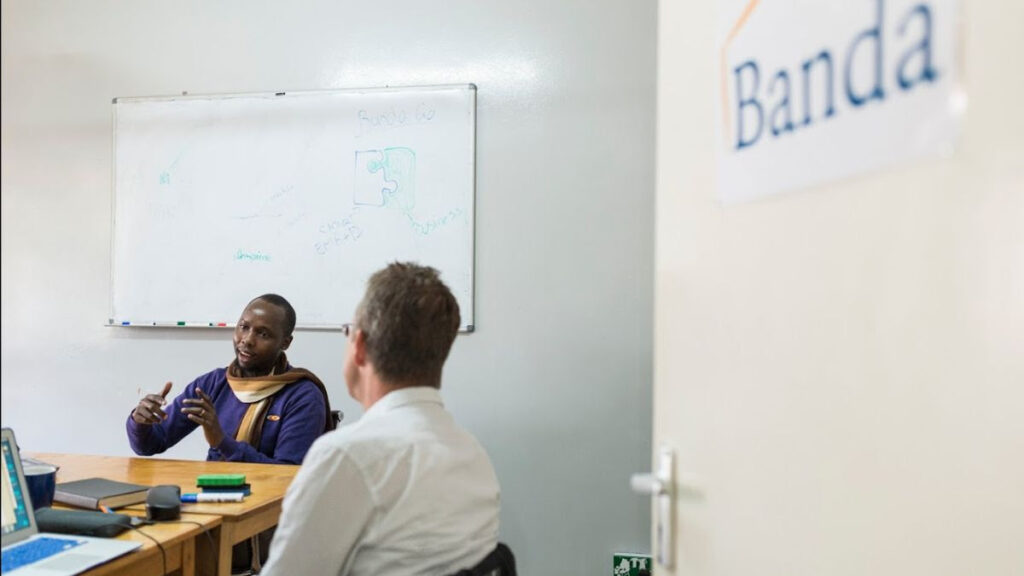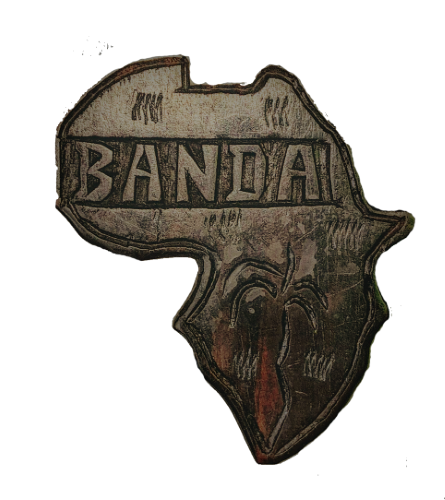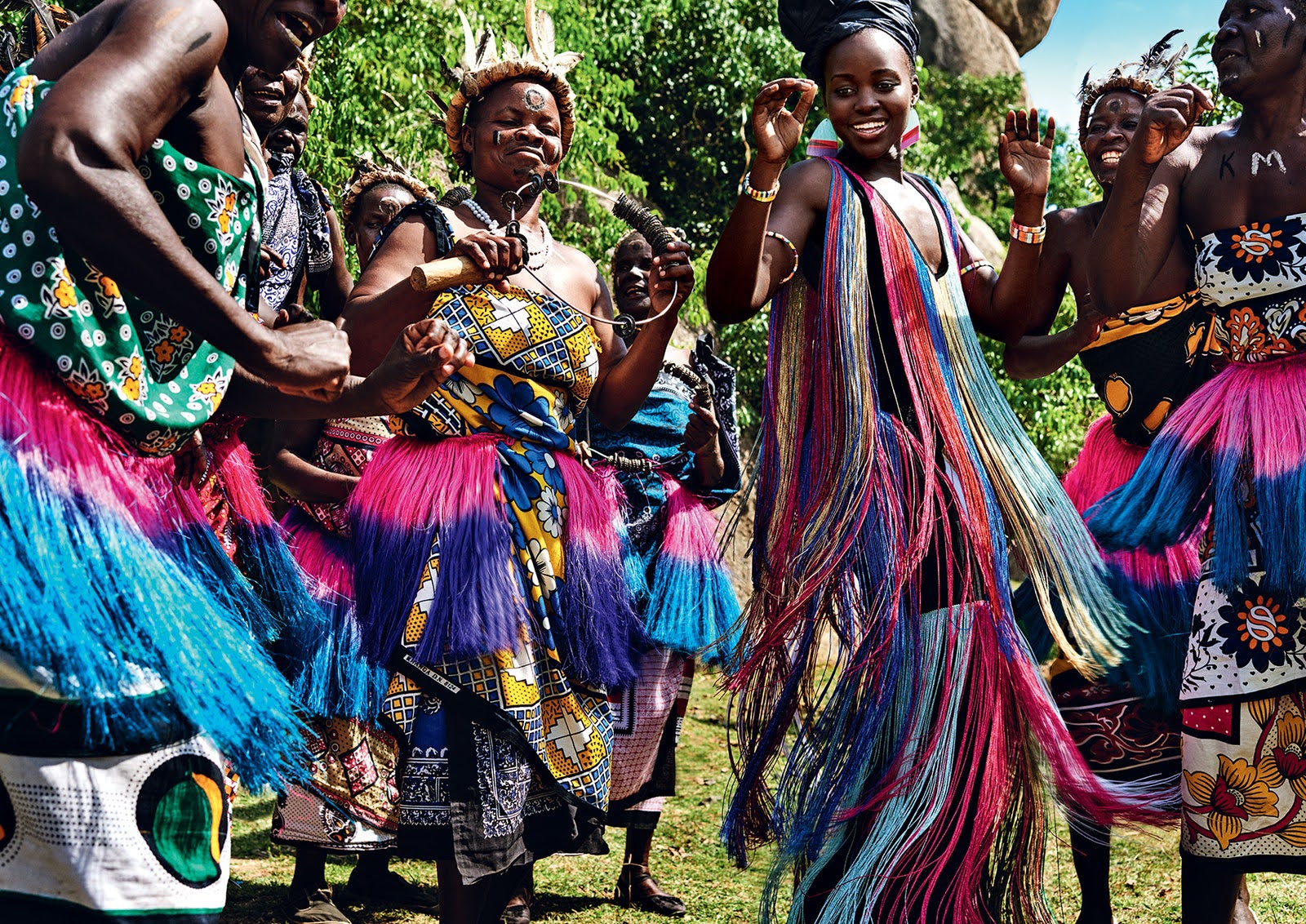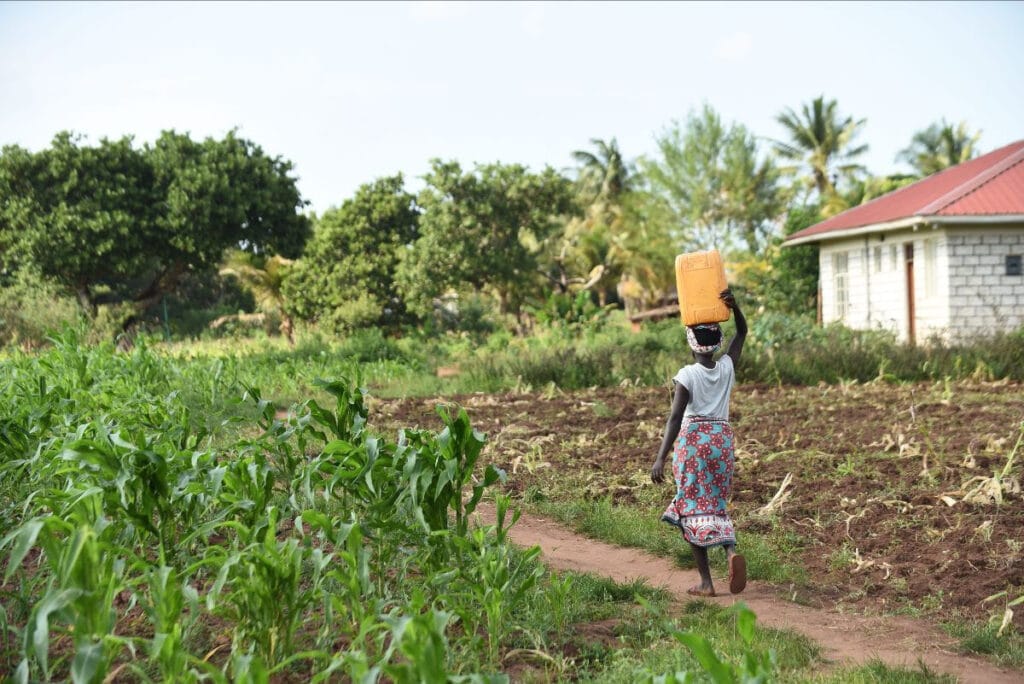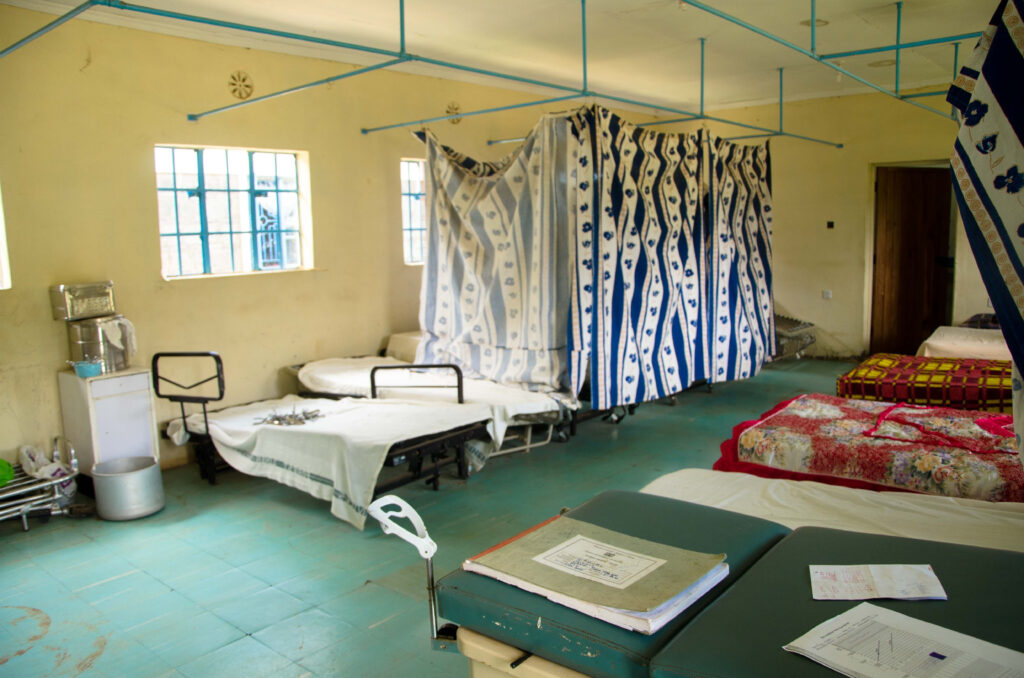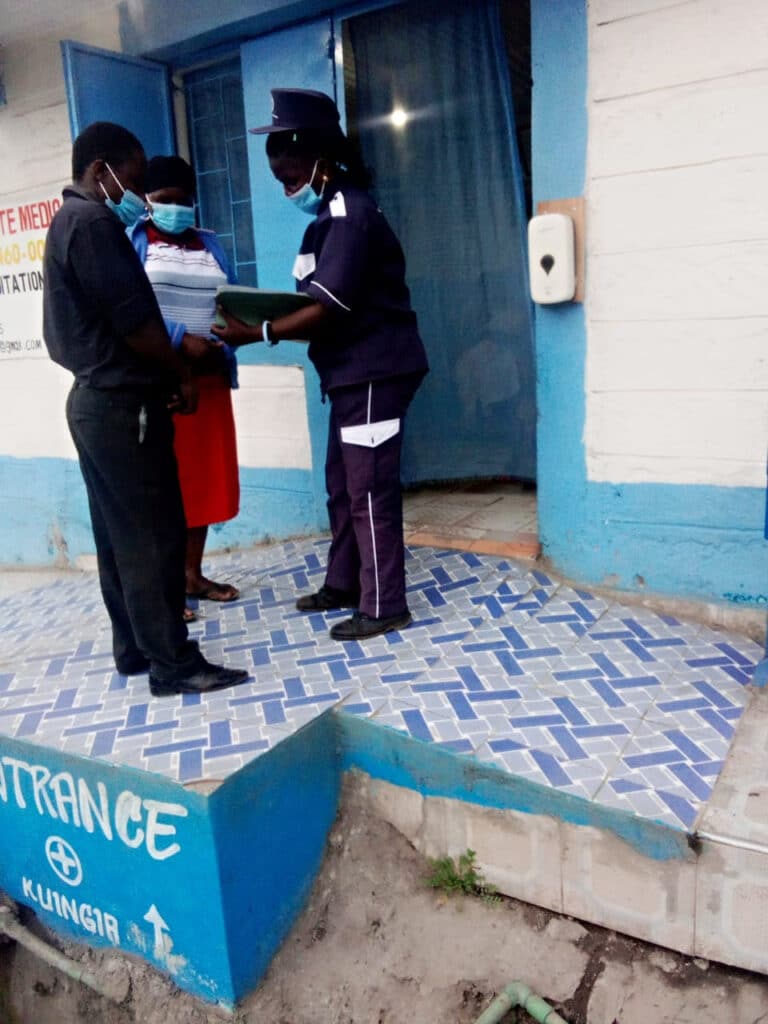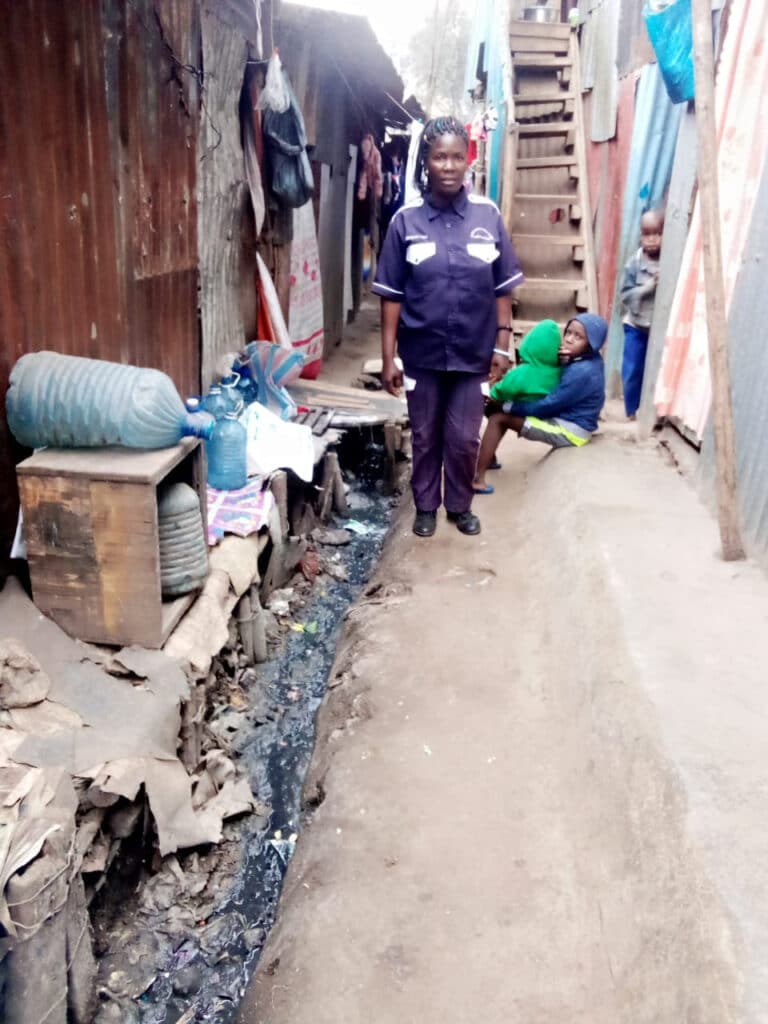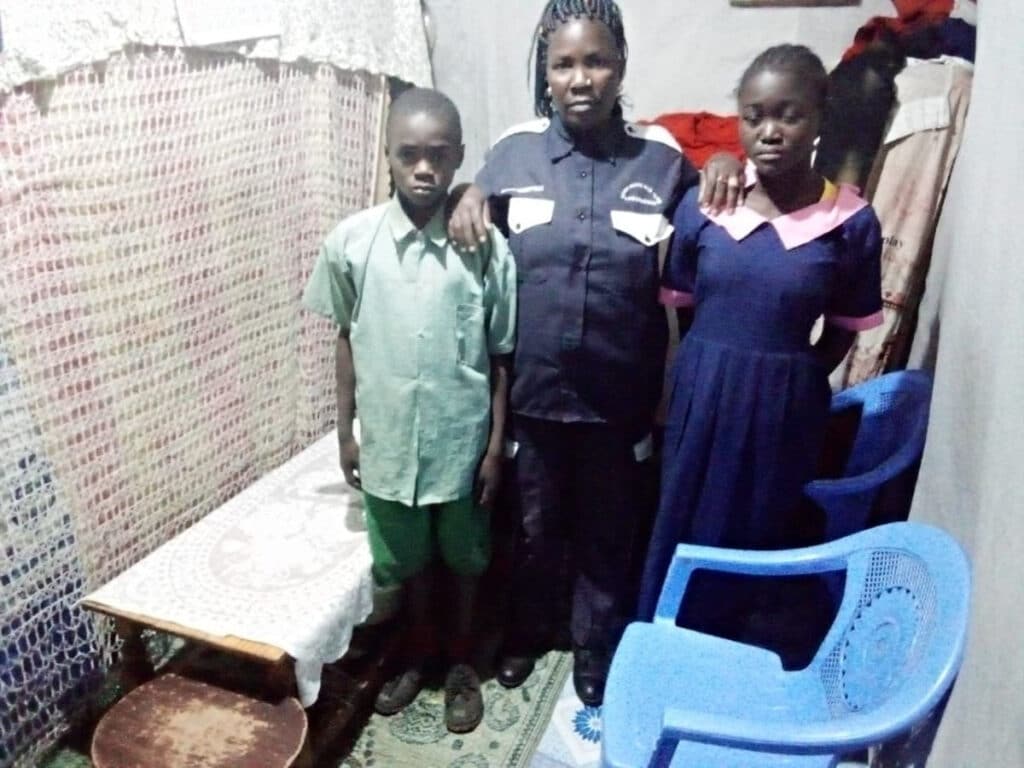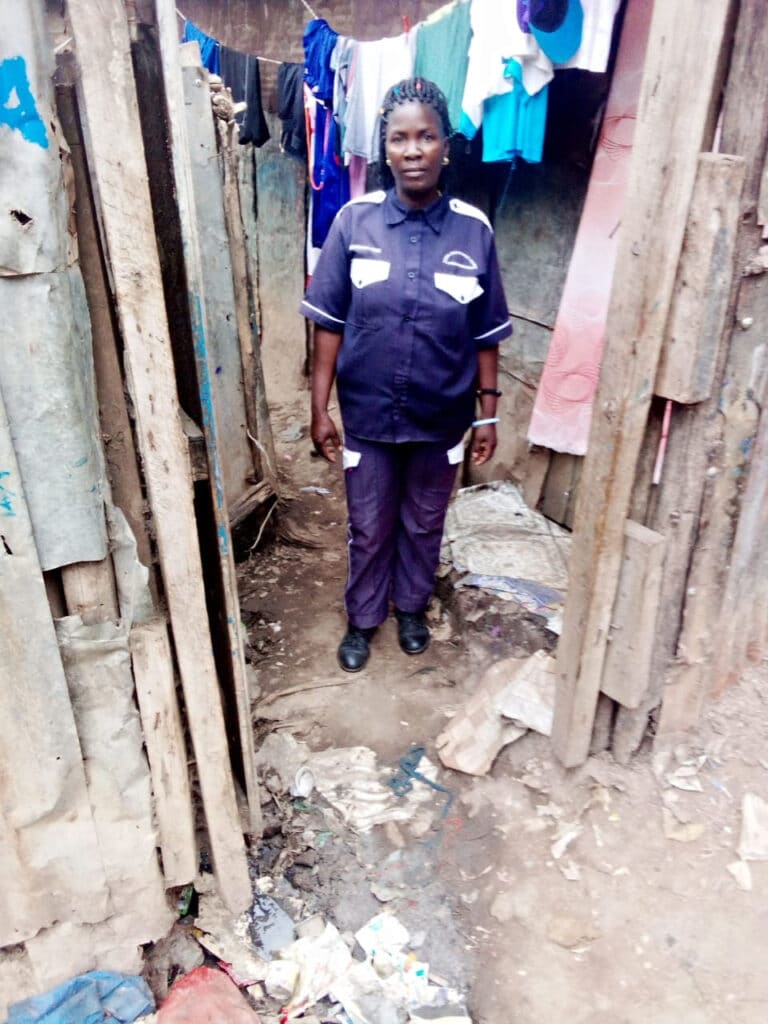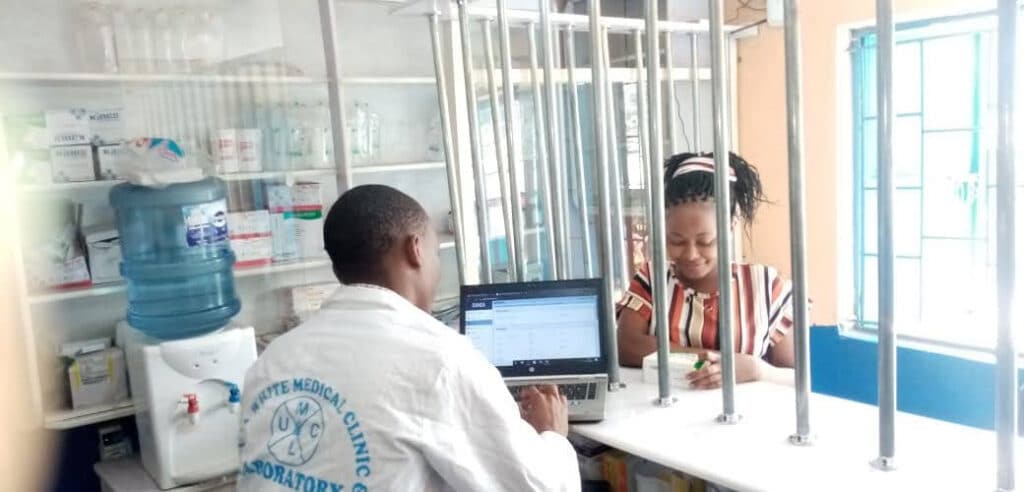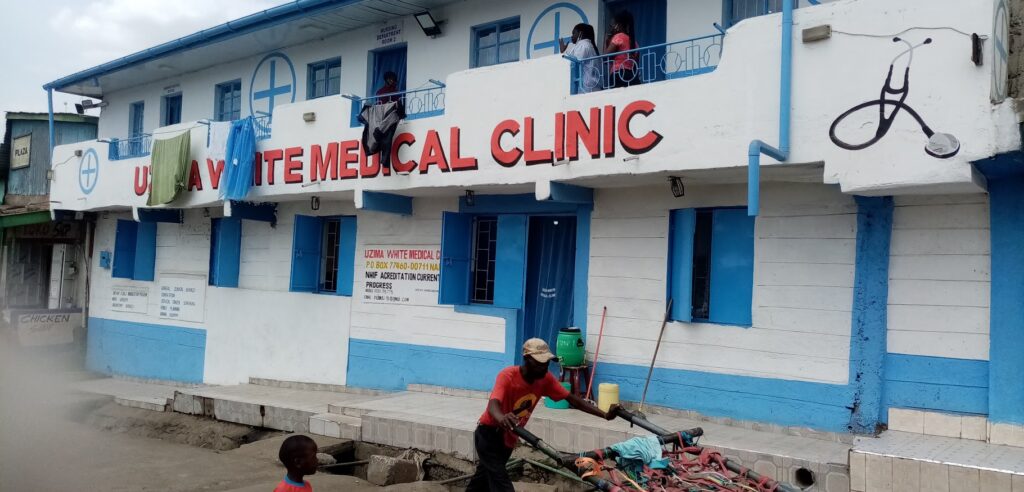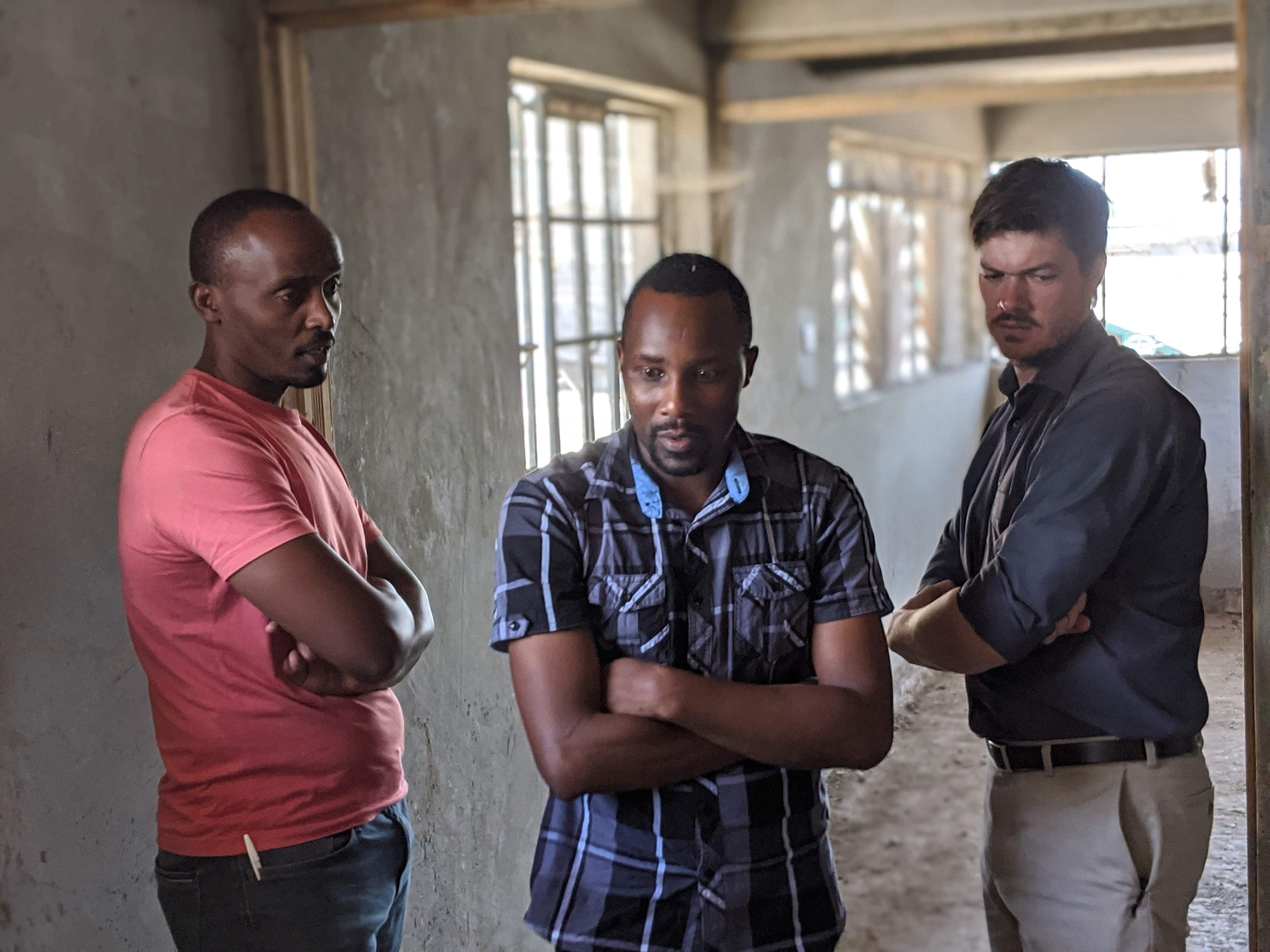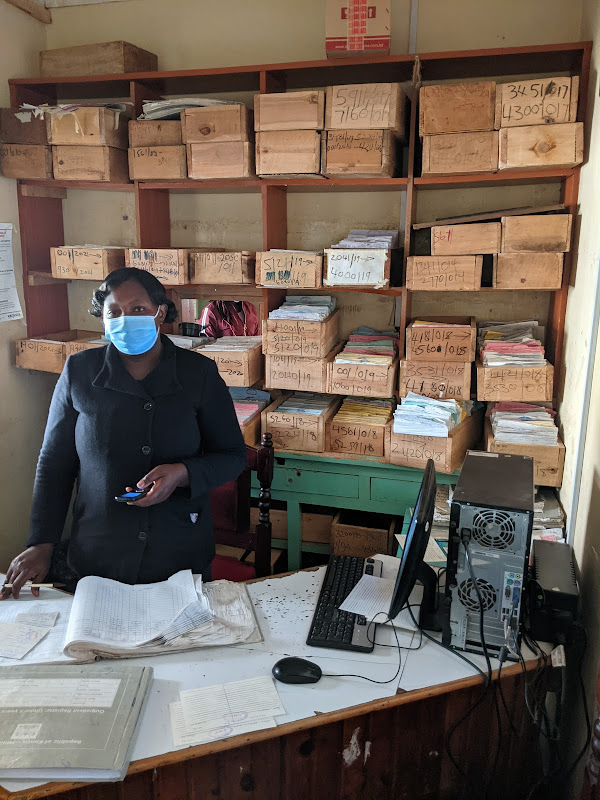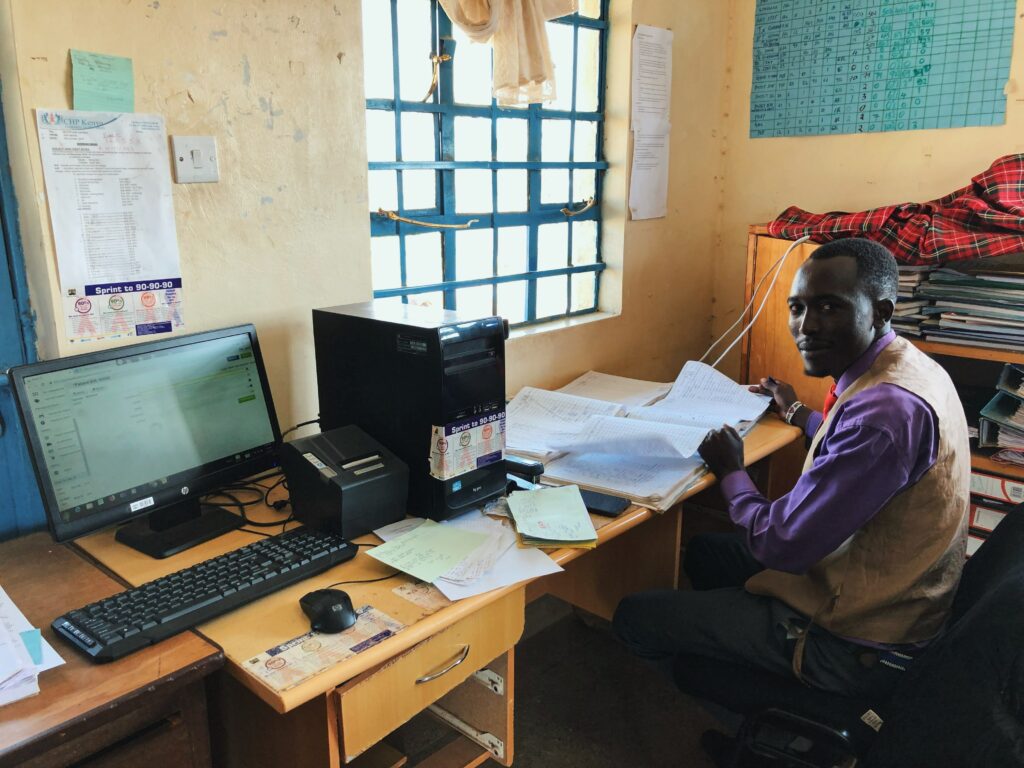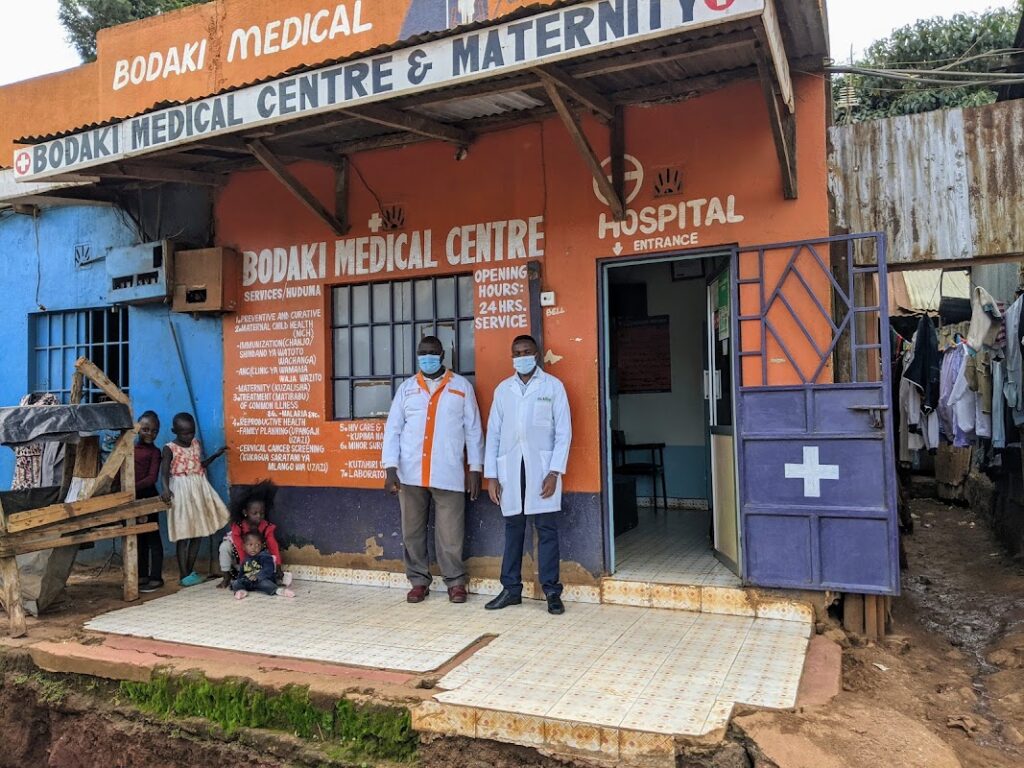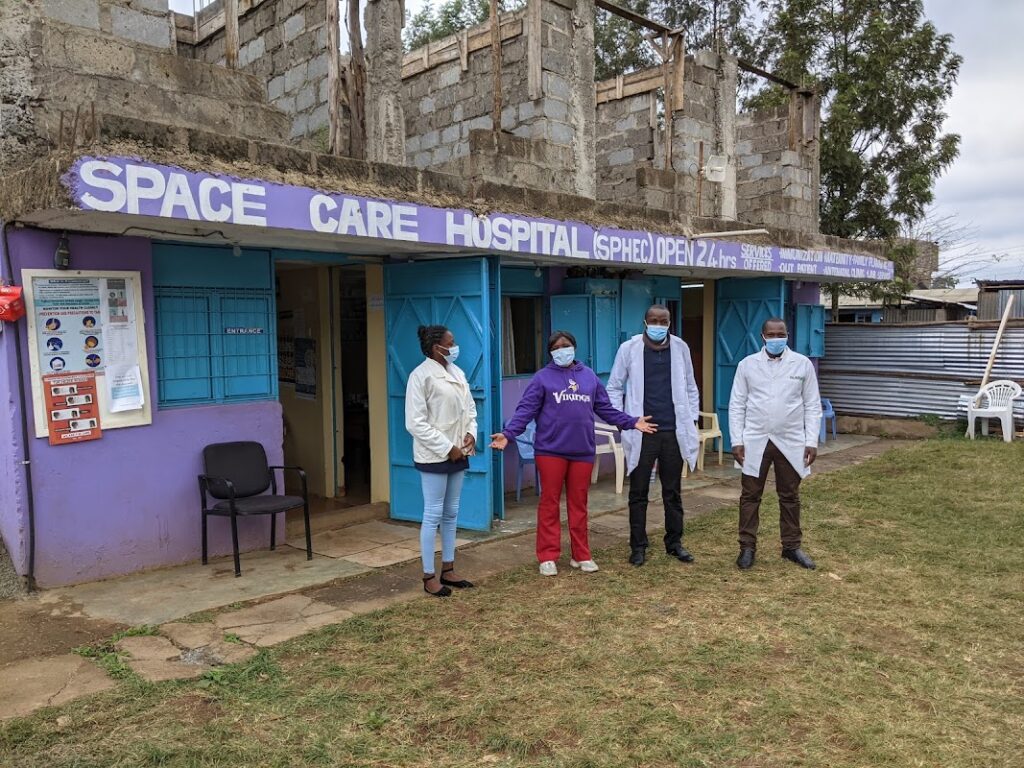Notice the Unnoticed
By Kinya Kaunjuga
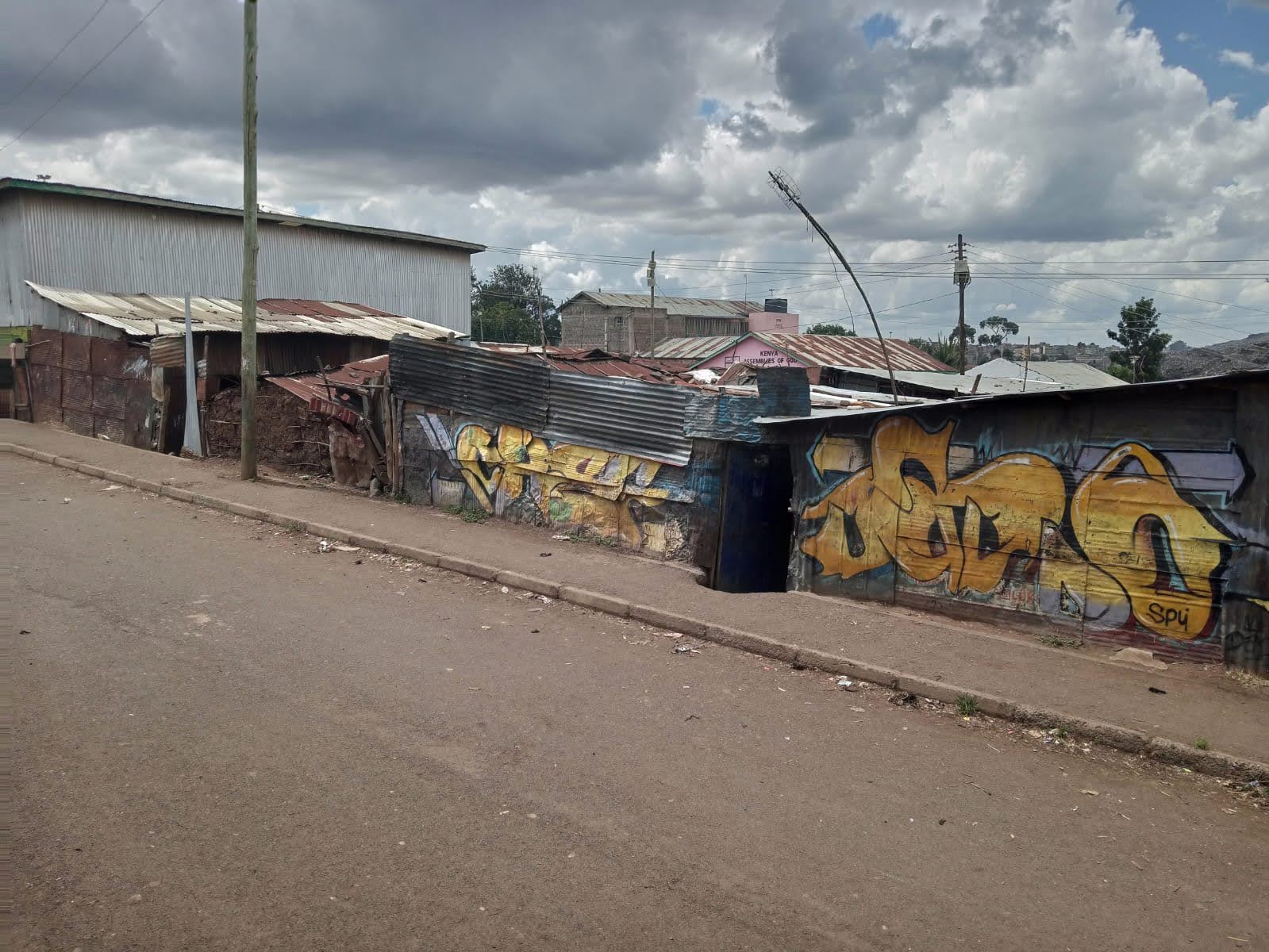
There’s this girl who called me. I don’t know why she did. Maybe because the last time I gave a talk to the addicts she was among them and heard me say they could contact me if they needed help. I have been allowed to remain alive as long as I keep secret the locations where cocaine and heroin are used, bought and sold in our community.
A bewildered reader may wonder how a person living in the slum can afford such expensive drugs. The truth is, they can’t. But they can sell whatever they have, including themselves.
She burns it and injects it. She tells me she is pregnant and wants to stop. That she longs to return to church. She knows she’ll need medical treatment, she heard that in the talks I give. Can the clinic right here in her slum help?
Standing tall and remaining open 24 hours a day; running swiftly and managing to have enough meds to treat all who come through its doors; using BandaGo on a simple laptop; we walk quietly into the clinic that injects hope.
An excerpt from “Conversations with a Black Belt Nurse.”
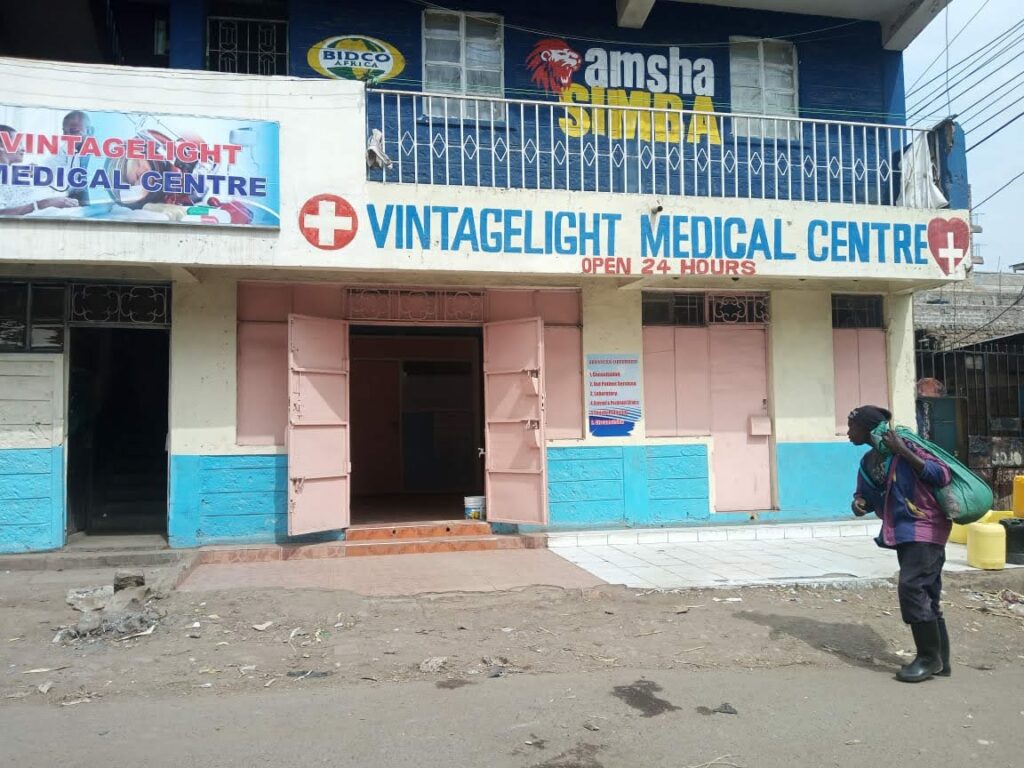
$5000 helps us improve BandaGo and gets it into another clinic
Through BandaGo – our Health Management Information System, technology is actively helping medical clinics continue to provide good healthcare to those living in slums, informal settlements and remote villages. Thank you for being part of this journey with us, we couldn’t do it without you!
You can find out more about Uzima Medical Clinic in this story, We dance.
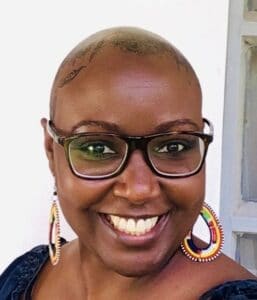
Kinya Kaunjuga
Kinya brings passion, an infectious laugh and her 15 years of experience in the corporate and non-profit world to Banda Health.
A Texas A&M alumni with a degree in Journalism and Economics, she says, "I love doing things that matter!"

